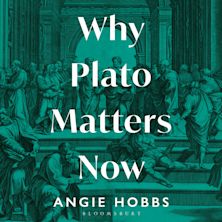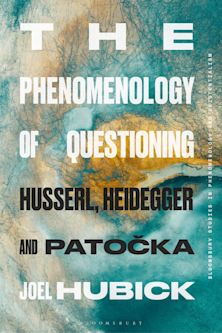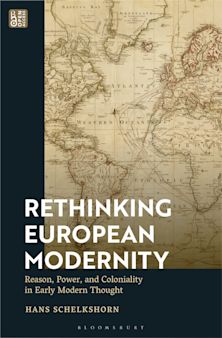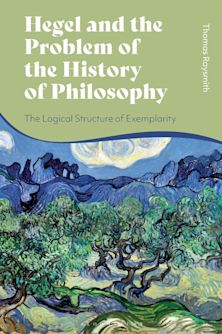On Philosophy, Intelligibility, and the Ordinary
Going the Bloody Hard Way
On Philosophy, Intelligibility, and the Ordinary
Going the Bloody Hard Way
This product is usually dispatched within 1 week
- Delivery and returns info
-
Free US delivery on orders $35 or over
Description
Randy Ramal argues that philosophy’s main responsibility lies in providing intelligibility to the ordinary language of everyday life while dispelling unwarranted skepticism. Philosophers need to go the hard way to fulfill this responsibility because of the constant and dangerous temptation to turn philosophy into a normative discipline rather than keep it as a descriptively hermeneutical enterprise. In On Philosophy, Intelligibility, and the Ordinary: Going the Bloody Hard Way, the philosophy of Alfred North Whitehead is central to Ramal’s endeavor to demonstrate the need to separate the hermeneutical responsibility of philosophy from the normative aspects of responsibility. While showing the futility of labeling Whitehead as a purely disinterested philosopher who abandons the idea that ordinariness is relevant to good philosophical thinking, Ramal frames this discussion within a larger, in-depth engagement with a vast number of thinkers, philosophers, and literary figures whose works touch on the question of the ordinary.
Table of Contents
Acknowledgments
Introduction
Chapter 1: On Ordinariness and Philosophy's Responsibility to Intelligibility
Chapter 2: Speculating on being in the world alongside Plato and Aristotle
Chapter 3: Courting Ordinary Language with the Ideal Language Philosophers
Chapter 4: Negotiating Ordinary Experience with the Empiricists
Chapter 5: Rubbing Shoulders with Wittgenstein on Ordinary Realism
Chapter 6: Inverting the Logic of Ordinary Atheism with Flew and the New Atheists
Chapter 7: Animalizing Philosophy with Derrida and Coetzee
Conclusion: Final Thoughts
Bibliography
Index
About the Author
Product details
| Published | Feb 04 2021 |
|---|---|
| Format | Hardback |
| Edition | 1st |
| Extent | 270 |
| ISBN | 9781793638809 |
| Imprint | Lexington Books |
| Dimensions | 9 x 6 inches |
| Series | Contemporary Whitehead Studies |
| Publisher | Bloomsbury Publishing |
Reviews

ONLINE RESOURCES
Bloomsbury Collections
This book is available on Bloomsbury Collections where your library has access.



































